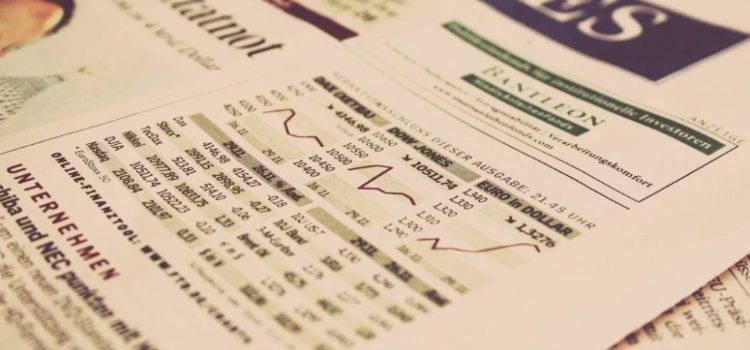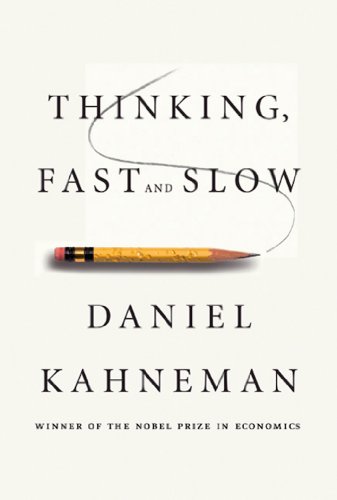

This article is an excerpt from the Shortform summary of "Thinking, Fast and Slow" by Daniel Kahneman. Shortform has the world's best summaries of books you should be reading.
Like this article? Sign up for a free trial here .
What is outcome bias? How does it manifest in your everyday life, and how can you avoid it?
Outcome bias is the tendency to evaluate the quality of a decision when the outcome is already known. People who succeeded are assumed to have made better decisions than people who failed.
We’ll look at outcome bias examples and why we’re so vulnerable to outcome bias.
What’s Wrong With Outcome Bias?
Outcome bias causes a problem where people are rewarded and punished based on outcome, not on their prior beliefs and their appropriate actions. People who made the right decision but failed are punished more than those who took irresponsible risks that happened to work out.
(Shortform note: to push the logic further, this causes problems in the future for continuing success. People who got lucky will be promoted but won’t be able to replicate their success. In contrast, the people who made good decisions won’t be promoted and in the position to succeed in the future.)
Outcome bias gives us a skewed sense of reality and affects our future decisions.
Outcome Bias Examples
Two outcome bias examples:
- An experiment used a legal case to ask subjects whether the city should have done a certain preventative action. When exposed to the evidence the city had at the time, 24% of people felt they should have taken the action. When exposed to the outcome the action was supposed to prevent, this rose to 56% of people!
- After September 11th, the US government was criticized for ignoring information about al-Qaeda in July 2001. But this ignores how little they could predict that September 11th would result from that piece of information.
The natural consequence of a reward system subject to outcome bias is bureaucracy – if your decisions will be scrutinized but the outcome is unpredictable, it’s better to follow rigid procedures and avoid risks. If you have proof that you followed directions, then even if your project ends up a failure, you won’t take the blame.
Shortform note: antidotes to hindsight bias and outcome bias include:
- Keeping a journal of your current beliefs and what you estimate the outcomes to be. In the future, once the outcomes are known, reflect on your beliefs at the time to see how accurate you were.
- Rewarding people based on the decisions they make at the time with the information they had, before the outcomes come out. Don’t reward people who took outlandish risks but got lucky.
Why Do We Fall for Outcome Bias?
Even when presented with data of your poor predictions, you do not tend to adjust your confidence in your predictions. You forge on ahead, confident as always, discarding the news. This is human nature. We’re prone to outcome bias.
Daniel Kahneman argues the entire industry of the stock market is built on an illusion of skill. People know that on average, investors do not beat market returns (by definition, since the market is an average of all traders in the market, this must be the case). And plenty of studies show that retail investors trade poorly, against best practices—they sell rising stocks to lock in the gains, and they hang on to their losers out of hope, even though both are exact opposites of what they should do. In turn, large professional investors are happy to take advantage of these mistakes. But retail traders continue marching on, believing they have more skill than they really do.
There are many reasons it’s so difficult to believe randomness is the primary factor in your outcomes, and that your skill is worse than you think. Let’s look at why we’re so often victims of biases like outcome bias:
- Pride and ego are at stake.
- The more famous the forecaster, the more overconfident and flamboyant the predictions.
- Experts resist admitting they’re wrong, instead giving excuses: they were wrong only in timing; they would have been right, but an unforeseeable event had intervened; or they were wrong, but for the right reasons.
- You take deliberate, skillful steps to guide the outcome. By producing a lot of motion, you think that you can’t be wrong.
- Stock analysts pore over financial statements and build models. This requires lots of training and makes stock picking seem more rigorous. But this doesn’t answer the real, more difficult question – is the information already priced into the stock?
- Managers focus on the strength of their strategy and how good their company seems, discounting what their competitors are doing and market changes (“competition neglect”).
- Your experience shows many instances where your predictions came true —partially because those are most available to you, and you discount your mistakes.
- You don’t know what you don’t know. You aren’t aware of most of the factors that influence the final outcome, focusing on only the patterns that you do see.
- You focus on the causal role of skill and neglect the role of luck – the illusion of control.
- Large monetary incentives are at stake. You are being paid for your skill – if your skill turns out to be irrelevant, you’ll lose your job.
- A survey of CFOs asked them to predict the “80% confidence interval” of stock market returns. When you ask someone to make an estimate, the 80% confidence interval is the range between a value the person is 90% sure is too high to be correct and a value the person is 90% sure is too low to be correct. Any result outside this range is considered a “surprise.” The CFOs’ guesses were far too narrow. An accurate 80% confidence interval would only be surprised 20% of the time; but the survey results showed surprises 67% of the time. The real 80% confidence interval was between -10% and +30% returns that year—but any CFO who says this would be criticized as lacking any knowledge.
- It’s a sign of weakness to be unsure. It can have material marketing consequences to customers or investors, or to staff who want more certainty.
Outcome bias is deeply rooted. Knowing what outcome bias is is the first step toward eradicating it.
———End of Preview———

Like what you just read? Read the rest of the world's best summary of "Thinking, Fast and Slow" at Shortform . Learn the book's critical concepts in 20 minutes or less .
Here's what you'll find in our full Thinking, Fast and Slow summary :
- Why we get easily fooled when we're stressed and preoccupied
- Why we tend to overestimate the likelihood of good things happening (like the lottery)
- How to protect yourself from making bad decisions and from scam artists






